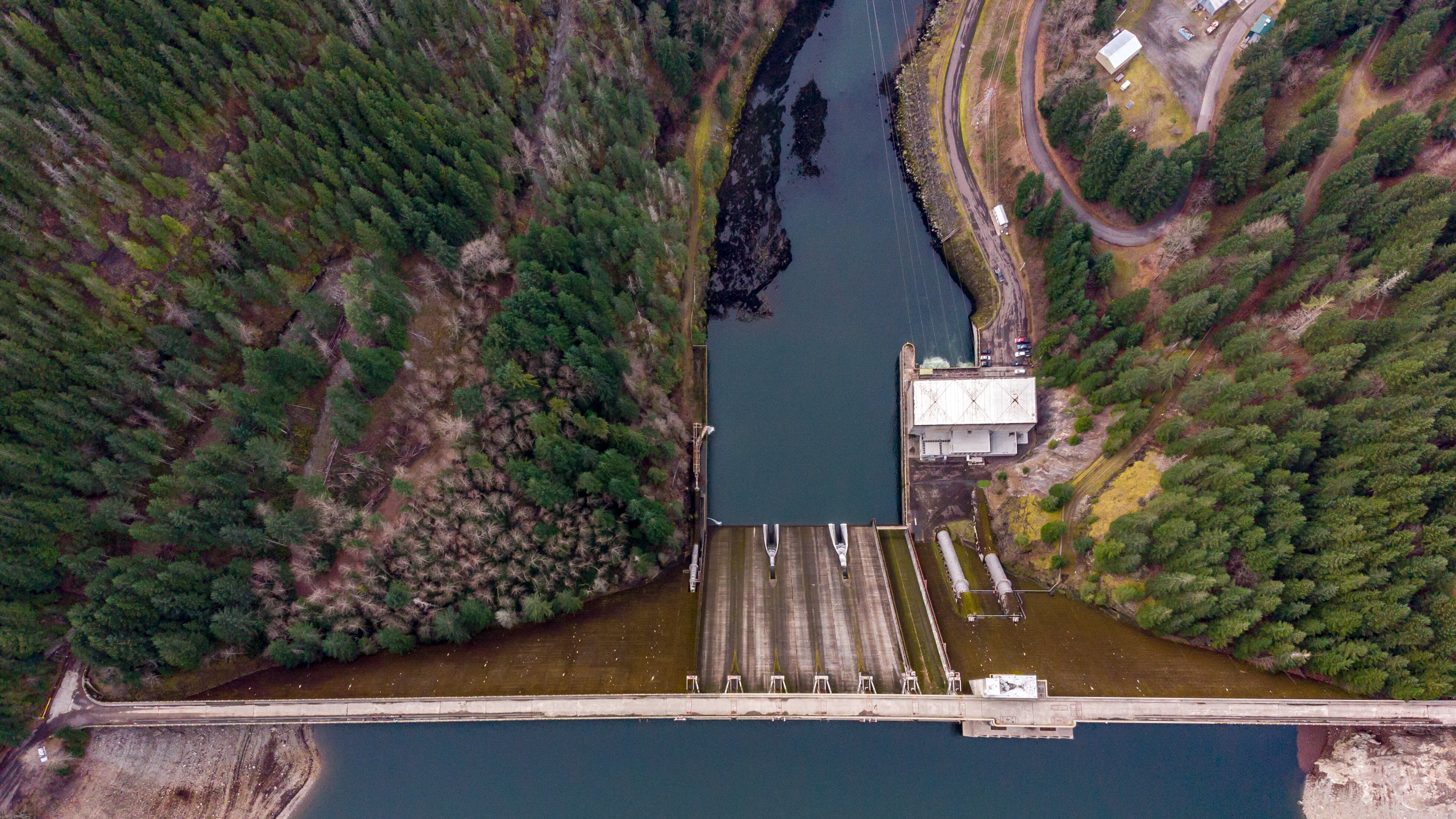Oregon tribes and environmental advocates say the U.S. Army Corps of Engineers blew a June deadline to submit a report on a sensitive subject: reducing hydropower production in the Willamette River Basin.
The Confederated Tribes of Grand Ronde held a press conference last week to demand the report, which is intended to consider a couple of big questions: How would deauthorizing hydropower impact the Willamette River Basin, and could fewer power-generating dams make hydropower more efficient while helping restore native fish species?
Congress ordered the Corps of Engineers to begin working on the report in 2022, and attached a June 2024 deadline.
Kerry Solan, a senior public affairs official for the Corps of Engineers, says the Portland district submitted the report to the national office, and is awaiting a review before releasing it.
That doesn’t satisfy Confederated Tribes of Grand Ronde Tribal Councilwoman Kathleen George or Jennifer Fairbrother, a policy director for the Native Fish Society. They say the missing report delays salmon restoration efforts in the Willamette River Basin.
“This is a critical report that the entire region has been waiting for,” George said. “That should be setting the path for more rational salmon recovery policy and power policy in Oregon and the Pacific Northwest.”
A similar report on two specific Willamette Valley dams, Cougar and Detroit, was requested by Congress under the 2020 Water Resources Development Act with a 2022 deadline, and the report has still not appeared.
“It went to headquarters and it never emerged,” Fairbrother said. “There seems to be this black hole situation occurring where these reports are supposedly being generated and going into headquarters for sign-off.”
Solan and the Corps of Engineers did not immediately respond to follow-up questions regarding the status of the previous report.
Congress required that the latest report detail how discontinuing hydropower at some dams would affect others, the costs of discontinuing hydropower, and potential impacts on dam safety and compliance with the Endangered Species Act.
Correction: This story incorrectly implied that the study considers the removal of dams. It considers the deauthorization of hydropower. WW regrets the error.
